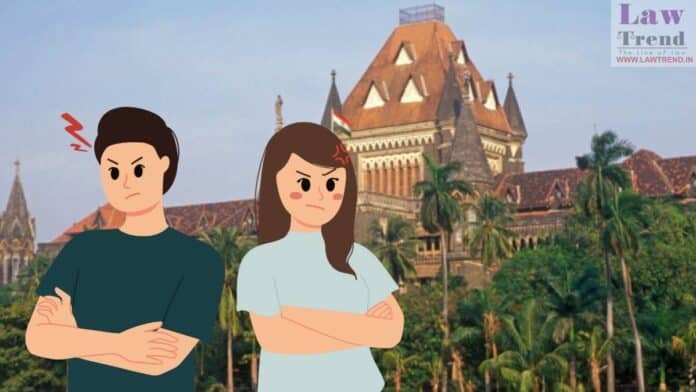The Bombay High Court has set aside a 2019 Family Court judgment and granted a decree of divorce to a husband, ruling that the continuation of a “dead marriage” amounts to cruelty. The Division Bench, comprising Chief Justice Shree Chandrashekhar and Justice Gautam A. Ankhad, held that compelling parties to live in a marriage that
To Read More Please Subscribe to VIP Membership for Unlimited Access to All the Articles, Download Available Copies of Judgments/Order, Acess to Central/State Bare Acts, Advertisement Free Content, Access to More than 4000 Legal Drafts( Readymade Editable Formats of Suits, Petitions, Writs, Legal Notices, Divorce Petitions, 138 Notices, Bail Applications etc.) in Hindi and English.




